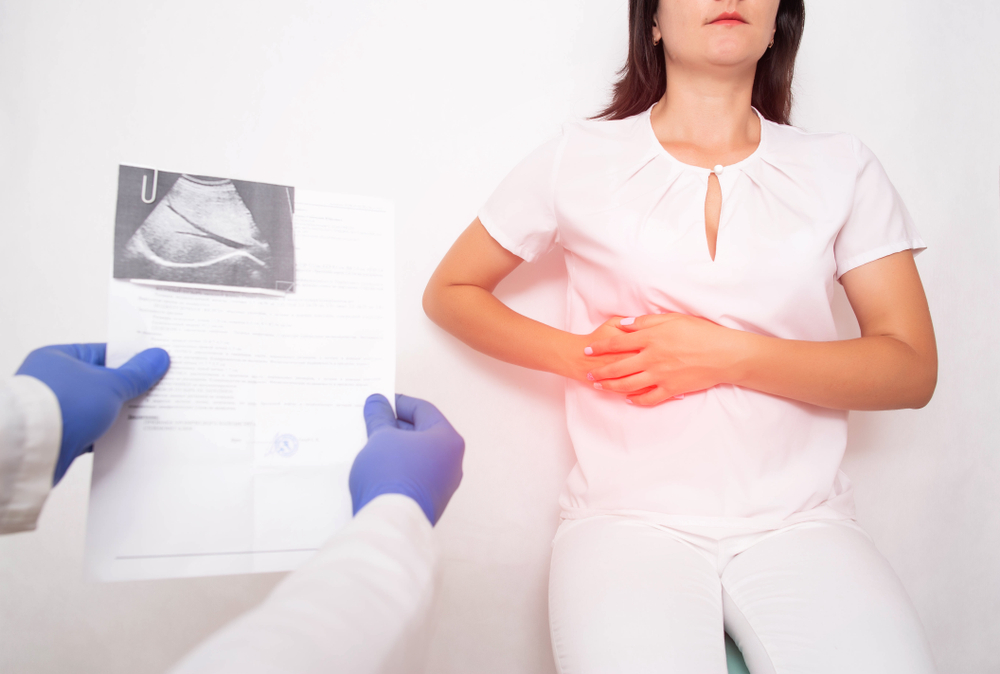Loss of appetite and weight loss after gallbladder removal
Learn about how these side effects can be managed post-surgery.
Loss of appetite and weight loss after gallbladder removal
Learn about how these side effects can be managed post-surgery.
Cholecystectomy is a medical procedure performed to remove the gallbladder. It may also be referred to as gallbladder removal surgery.
A cholecystectomy may be recommended if patients are suffering from:
- Gallstones
- Gallbladder polyps
- Inflammation of the gallbladder
While the procedure is minimally invasive and has a short recovery time, some patients may experience a loss of appetite and weight loss after the procedure.
The good news is that with proper care, these symptoms can be managed.


What causes a loss of appetite and weight loss after gallbladder removal?
Loss of appetite is a common side effect of gallbladder removal surgery, as the removal of the organ may cause bile to fill the digestive tract. But, a patient’s appetite may return to normal a week or two after the surgery.
Weight loss, on the other hand, could occur due to several reasons, including the aforementioned loss of appetite, vomiting and diarrhoea some patients experience post-surgery, and the change in dietary habits recommended by medical professionals.
Some pain medication taken after surgery could also affect the patient’s appetite and in turn, cause weight loss.
Speak to your gastroenterologist if you’re still experiencing loss of appetite and weight loss more than two weeks after the surgery.
How can you maintain your weight post-surgery?
Here are a few things you can do to maintain healthy body weight after gallbladder removal:
Eat fibre-rich food
This kind of diet can help return bowel movements to normal, but you should only increase the amount of fibre in your diet gradually.
Avoid eating fatty food
Maintain a low-fat diet for a few weeks after surgery or however long your doctor recommends—spicy food should be avoided.
Daily exercise
Start with some light exercise, like walking or doing stretches and avoid any high-intensity exercises for a few weeks.
Eat fibre-rich food
This kind of diet can help return bowel movements to normal, but you should only increase the amount of fibre in your diet gradually.
Avoid eating fatty food
Maintain a low-fat diet for a few weeks after surgery or however long your doctor recommends—spicy food should be avoided.
Daily exercise
Start with some light exercise, like walking or doing stretches and avoid any high-intensity exercises for a few weeks.
Visit the Sydney Gut Clinic
The Sydney Gut Clinic has a team of experienced gastrointestinal specialists who specialise in diagnosing and treating a wide range of gastrointestinal conditions.
If you’re experiencing loss of appetite and weight loss after gallbladder surgery, schedule an appointment with the Sydney Gut Clinic for treatment and support from our specialists.
FAQs
How long does it take to recover from a cholecystectomy?
Recovery may take from four to six weeks, but some patients may need more time to recover from the side effects of the procedure.
Can eating small meals help stimulate appetite?
Yes, it may. Having frequent small meals may help stimulate your appetite. That said, this might not work for everyone.
Is losing too much weight dangerous?
Losing too much weight can be dangerous, as it may lead to muscle loss and nutritional deficiencies. If you feel like you’re losing too much weight after gall bladder removal, consult your gastrointestinal specialist.
Consult our team for support and treatment for gastrointestinal problems.
Sydney Gut Clinic services are only available to patients in Australia.











